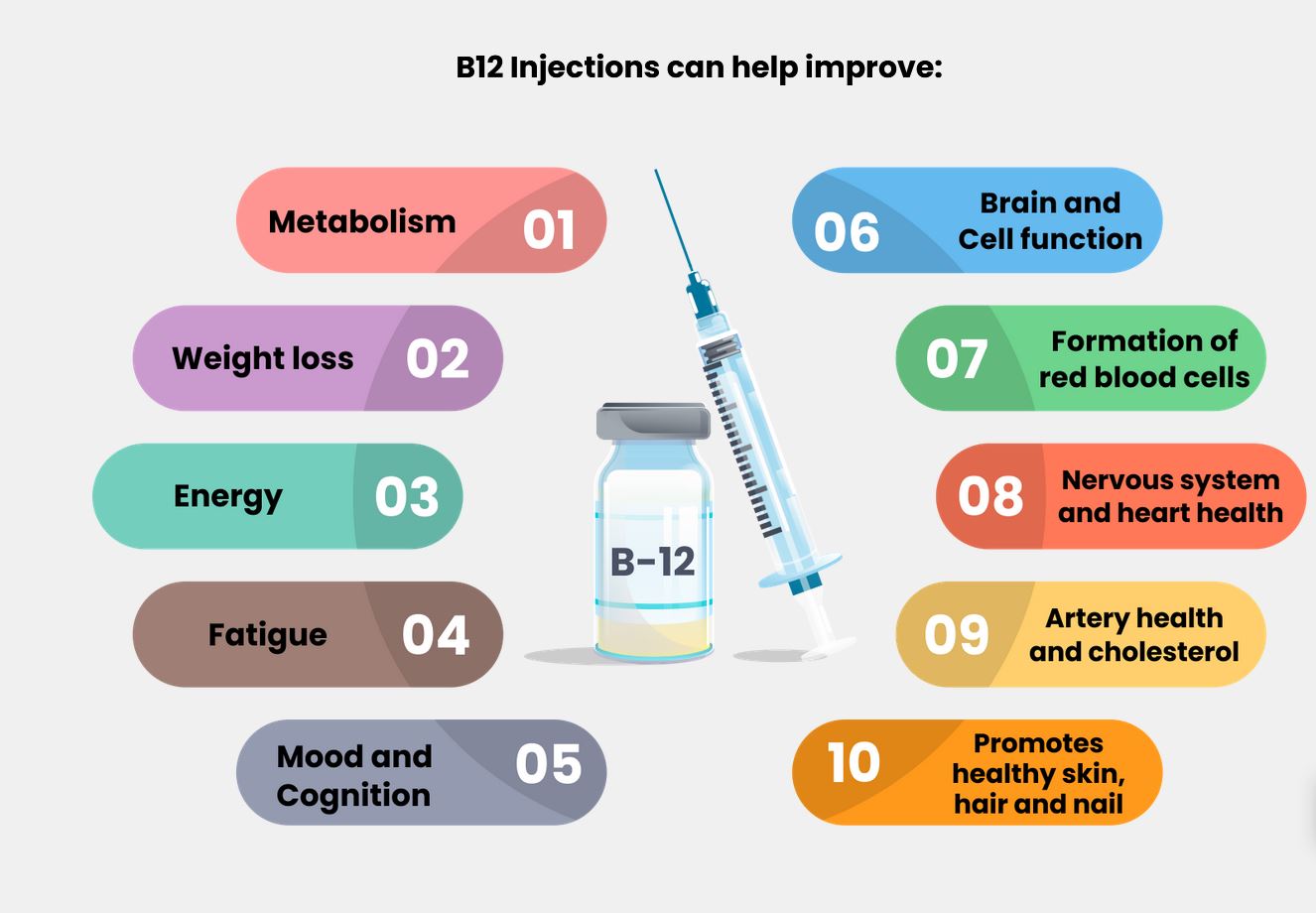
Table Of Contents
Different Approaches to Therapy
Various approaches to thyroid optimization therapy cater to individual needs and conditions. Some individuals may benefit from medication management, which includes synthetic hormone replacement therapy to alleviate symptoms of hypothyroidism. In contrast, others may explore natural alternatives such as dietary changes or supplements aimed at supporting thyroid function. Each approach is tailored to the patient’s unique situation, emphasizing the importance of personalized care in achieving optimal results.
When considering these therapies, consulting with healthcare professionals is crucial. They can provide insights into which method fits best based on a person's medical history and current health status. Organizations like Men's Health Services in Severance, Fort Collins CO, offer specialized programs to guide patients through the evaluation and treatment processes. This support can ultimately enhance the effectiveness of the chosen therapy, ensuring a comprehensive approach to thyroid health.
Exploring Various Treatment Options Available
When considering thyroid optimization therapy, it is essential to explore a range of treatment options tailored to individual needs. Medications such as levothyroxine are commonly prescribed to regulate hormone levels in patients with hypothyroidism. Additionally, some may benefit from natural desiccated thyroid, which contains a combination of thyroid hormones. Regular monitoring of thyroid levels ensures that the chosen treatment is effective and adjusts as necessary.
Alternative therapies like lifestyle changes also play a crucial role in thyroid health. Diet modifications, exercise, and stress-management techniques can complement medical treatments. Engaging with professionals, such as those at Men's Health Services in Severance, Fort Collins CO, can provide personalized advice on navigating these options. Through a comprehensive approach, individuals can maximize the benefits of their thyroid optimization therapy.
Potential Risks and Side Effects
Thyroid optimization therapy can lead to various potential risks and side effects, which individuals should be aware of before commencing treatment. Commonly reported issues include variations in mood, weight fluctuations, and potential heart palpitations. In some cases, overcorrection of thyroid hormone levels can lead to symptoms of hyperthyroidism, such as anxiety, insomnia, and heat intolerance. Individuals must stay informed about these possibilities to manage their expectations effectively.
Consulting with healthcare providers is essential to gauge the appropriateness of therapy and monitor for any adverse reactions. Regular follow-ups can be beneficial in addressing concerns promptly. Each person’s response to treatment can vary significantly, emphasizing the importance of personalized care. Organizations like Men's Health Services in West Hill-N-Park North Greeley, Fort Collins CO, offer tailored resources to help individuals navigate the complexities of thyroid management while being mindful of potential side effects.
Understanding the Challenges of Thyroid Optimization Therapy
Thyroid optimization therapy can present several challenges for individuals seeking to improve their health. One significant issue is the difficulty in pinpointing the exact dosage and type of medication needed. Each person's body reacts differently, which means that what works well for one individual might not be effective for another. This variation can lead to prolonged periods of trial and error, making it essential for patients to maintain open communication with their healthcare providers throughout the treatment process.
Moreover, lifestyle factors can complicate the success of thyroid therapy. Stress, diet, and sleep patterns all impact hormone levels and may interfere with the effectiveness of treatment. For those navigating these challenges, seeking guidance from specialized services can be beneficial. For instance, Men's Health Services in Milliken, Fort Collins CO, offers tailored support that can help individuals integrate their thyroid optimization therapy into their daily routines more effectively. Understanding these complexities makes it easier to adjust expectations and create a personalized approach to wellness.
Integrating Therapy into Your Lifestyle
Incorporating thyroid optimization therapy into your daily routine can significantly enhance its effectiveness. Regular monitoring of hormone levels and consistent medication adherence are crucial components of successful treatment. Establishing a set schedule for taking any prescribed medication helps create a habit that ensures you don’t miss doses. Furthermore, engaging in open communication with healthcare providers allows for adjustments that accommodate changes in your lifestyle or symptoms.
Physical activity and a balanced diet also play essential roles in supporting thyroid health. Regular exercise boosts energy levels and helps manage weight, while a diet rich in nutrients can improve overall well-being. For personalized guidance on combining therapy with these lifestyle changes, consider exploring Men's Health Services in Milliken, Fort Collins CO. These services can offer tailored advice, helping you navigate your specific needs as you integrate therapy into your life.
Tips for Maximizing the Benefits of Treatment
Incorporating a balanced diet rich in essential nutrients can greatly enhance the effects of thyroid optimization therapy. Foods high in iodine, selenium, and zinc are particularly beneficial for maintaining healthy thyroid function. Regular check-ups with healthcare providers are crucial for monitoring hormone levels and making adjustments to treatment plans as necessary. Open communication with a doctor regarding any symptoms can also lead to more effective management of your condition.
Engaging in regular physical activity can also play a significant role in achieving optimal results from your treatment. Exercise not only supports metabolic health but also contributes to overall well-being. For those seeking guidance in managing their thyroid health, Men's Health Services in Severance, Fort Collins CO, offers tailored programs that can help integrate therapeutic approaches into your daily routine. Emphasizing a holistic approach can lead to better outcomes and improved quality of life.
FAQS
What is thyroid optimization therapy?
Thyroid optimization therapy involves various treatments and approaches aimed at restoring the proper function of the thyroid gland, which regulates metabolism and energy levels in the body.
Who can benefit from thyroid optimization therapy?
Individuals who experience symptoms of thyroid dysfunction, such as fatigue, weight gain, or mood changes, may benefit from thyroid optimization therapy, particularly those diagnosed with hypothyroidism or other thyroid-related disorders.
What types of treatments are available for thyroid optimization?
Treatments may include hormone replacement therapy, lifestyle changes, dietary adjustments, and supplements, as well as medications to help regulate thyroid hormone levels.
Are there any risks associated with thyroid optimization therapy?
Yes, potential risks and side effects can include heart palpitations, weight changes, mood swings, and interactions with other medications. It's essential to discuss these risks with a healthcare provider.
How can I integrate thyroid optimization therapy into my daily life?
You can integrate therapy by following your treatment plan, maintaining a balanced diet, exercising regularly, managing stress, and staying consistent with medication or supplements as prescribed by your healthcare provider.







